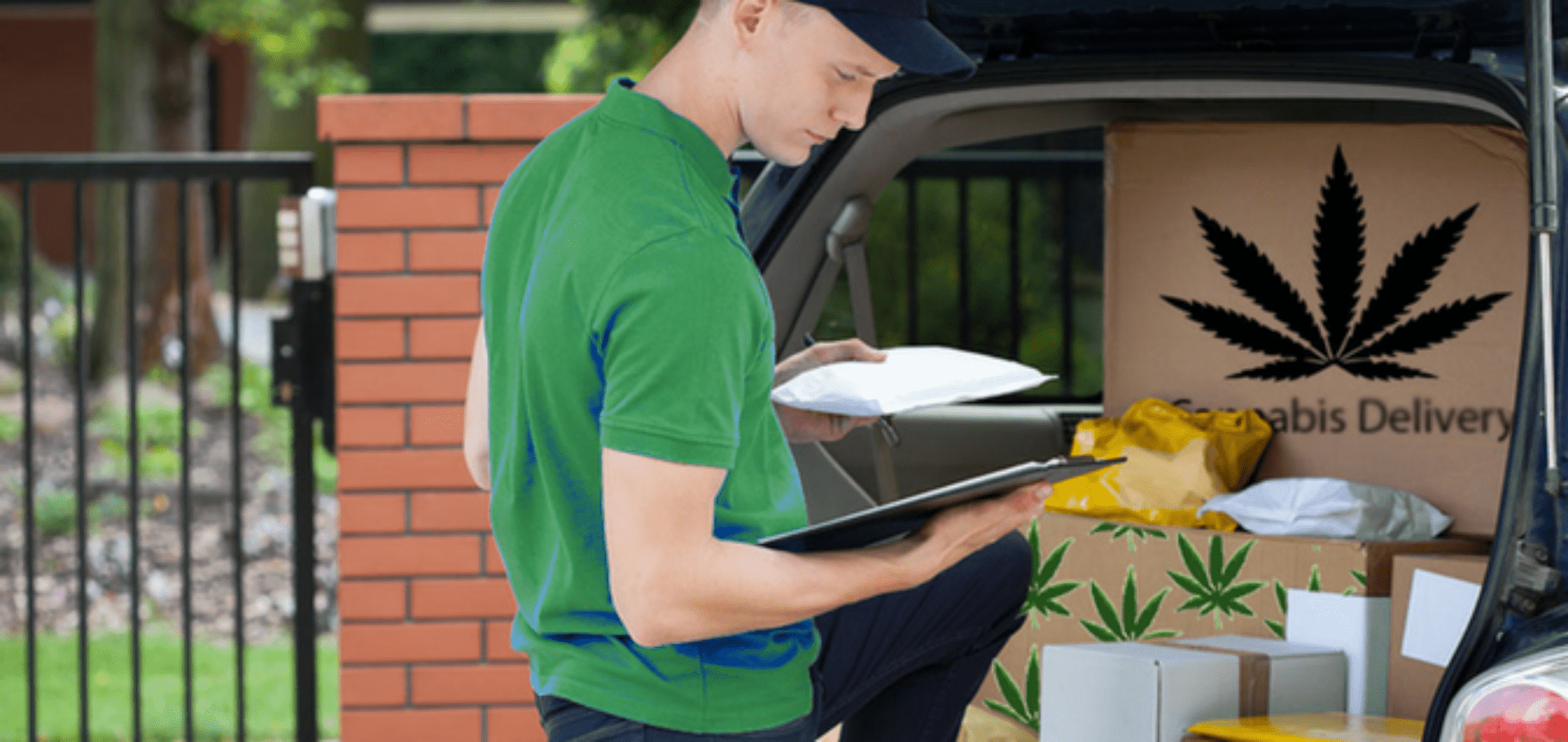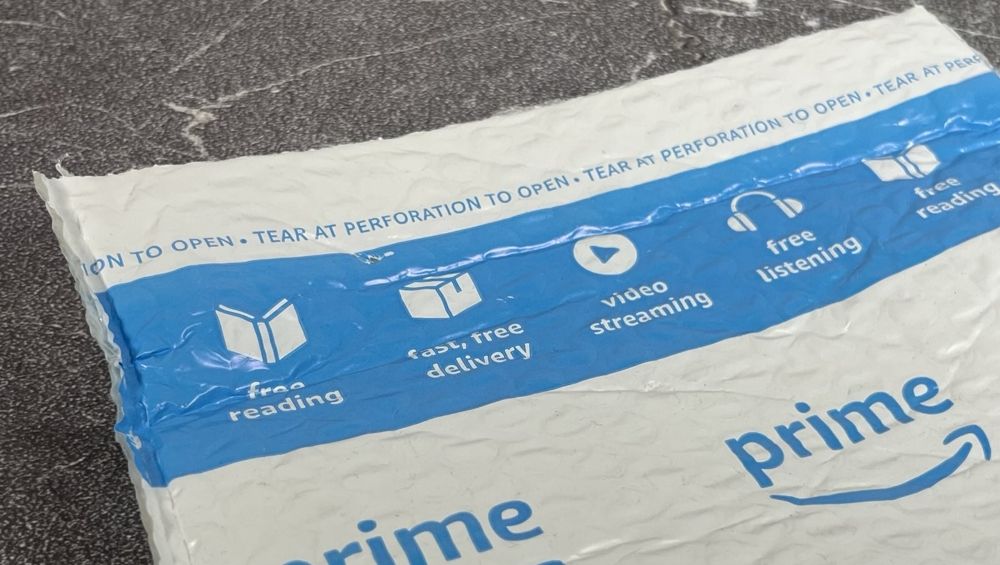As federal legalization inches closer to becoming a reality, the cannabis industry is preparing for what could be a radical shift in how products are delivered. Today’s cannabis delivery landscape is composed mostly of state-licensed dispensaries running their own fleets or relying on niche third-party services that specialize in navigating local regulations. But what happens when cannabis is federally legalized? Will we see Amazon Prime vans and DoorDash drivers bringing edibles and pre-rolls to your doorstep alongside your pizza and packages?
From Niche to Nationwide
Currently, cannabis delivery is a hyper-local operation. Because cannabis remains federally illegal, delivery must adhere to state-specific laws. That means no interstate shipping, no federal mail system, and certainly no nationwide tech giants running cannabis logistics. But federal legalization could change all that. If cannabis is reclassified or decriminalized at the national level, it would unlock distribution channels and open the door for major logistics companies like UPS, FedEx, and yes—Amazon.
With the infrastructure already in place, Amazon could easily integrate cannabis into its delivery platform. A “Cannabis Prime” service offering same-day delivery of flower, edibles, tinctures, or even subscription boxes could become a major driver of market growth. Amazon has previously supported cannabis reform and in 2021 even announced it would no longer screen employees for cannabis use, signaling a forward-looking approach to the industry.
Enter the Gig Economy Giants
Another sector poised for rapid entry is app-based delivery platforms like DoorDash, Uber Eats, and Instacart. These services already dominate food and retail delivery, and their technology could be quickly adapted to handle cannabis transactions—especially with the shift toward digital menus, age verification, and real-time tracking.
Uber CEO Dara Khosrowshahi hinted at future involvement in cannabis delivery, stating in 2021 that the company would consider it once federal laws permitted. With millions of drivers, a built-in user base, and advanced logistics algorithms, Uber and DoorDash could outpace smaller cannabis-specific delivery startups overnight.
Compliance Will Remain Crucial
Even in a federally legal environment, cannabis will likely remain one of the most regulated consumer goods in the country. Delivery companies will need to verify IDs at the point of sale and upon delivery, maintain chain-of-custody tracking, and adhere to strict packaging and storage requirements. While large logistics companies have the scale, they will need to invest in regulatory expertise to comply with evolving rules at both state and federal levels.
Some companies may partner directly with licensed dispensaries, while others might push to become licensed distributors themselves, similar to how alcohol is handled in the U.S. This hybrid model could lead to specialized cannabis divisions within companies like FedEx or Amazon, staffed with compliance officers and trained delivery personnel.
A New Frontier in Customer Experience
For the consumer, the future looks highly convenient. Personalized recommendations, scheduled deliveries, real-time tracking, and even drone drops could redefine how cannabis is accessed. Just as e-commerce transformed retail, federal legalization may turn cannabis delivery into a seamless, on-demand experience.
Conclusion
The question is not if large-scale delivery services will enter the cannabis space—but when. As legalization evolves, expect the delivery market to explode with competition, innovation, and convenience. Whether it’s an Amazon drone hovering over your lawn or an Uber Eats driver at your door with a discreetly packaged edible, the future of cannabis delivery is set to be faster, smarter, and more mainstream than ever before.


